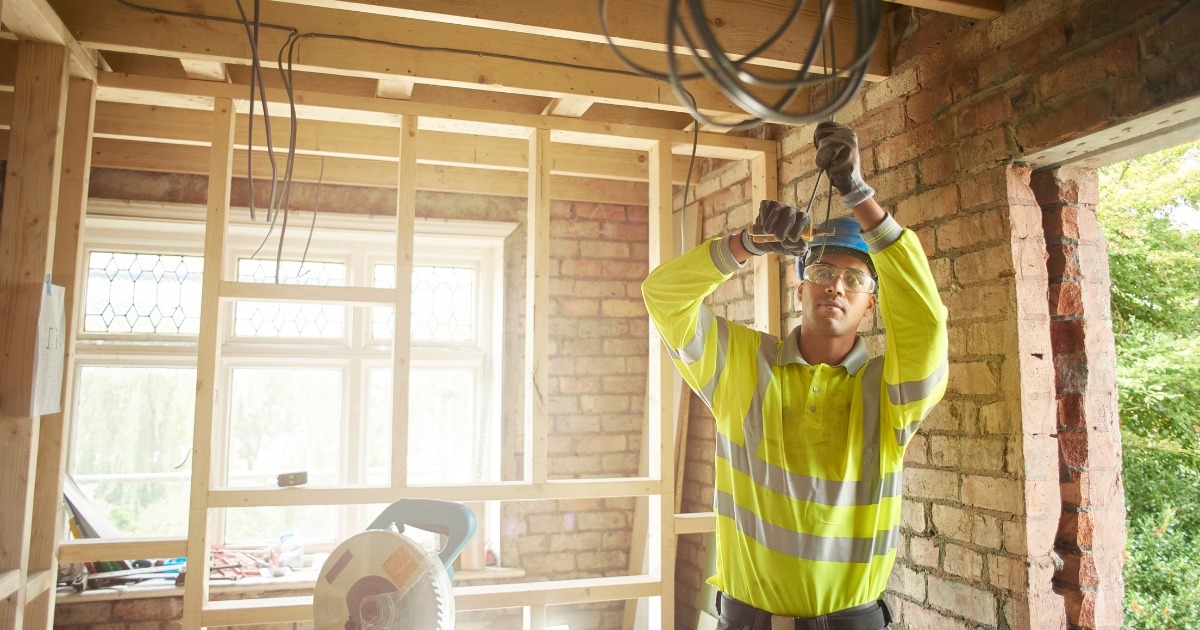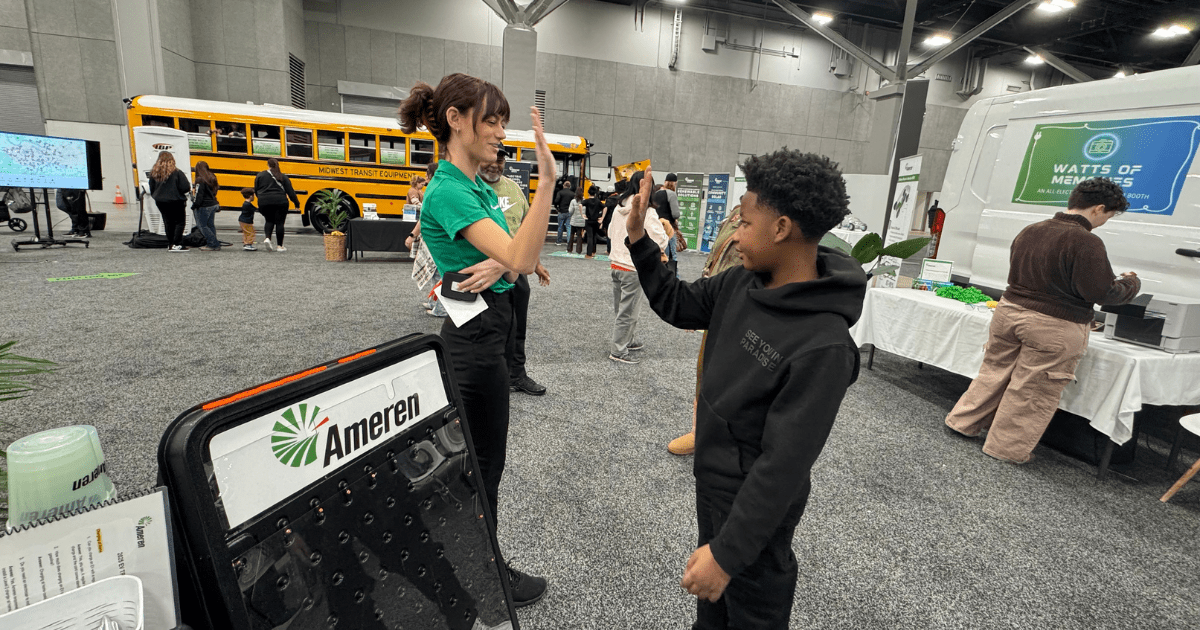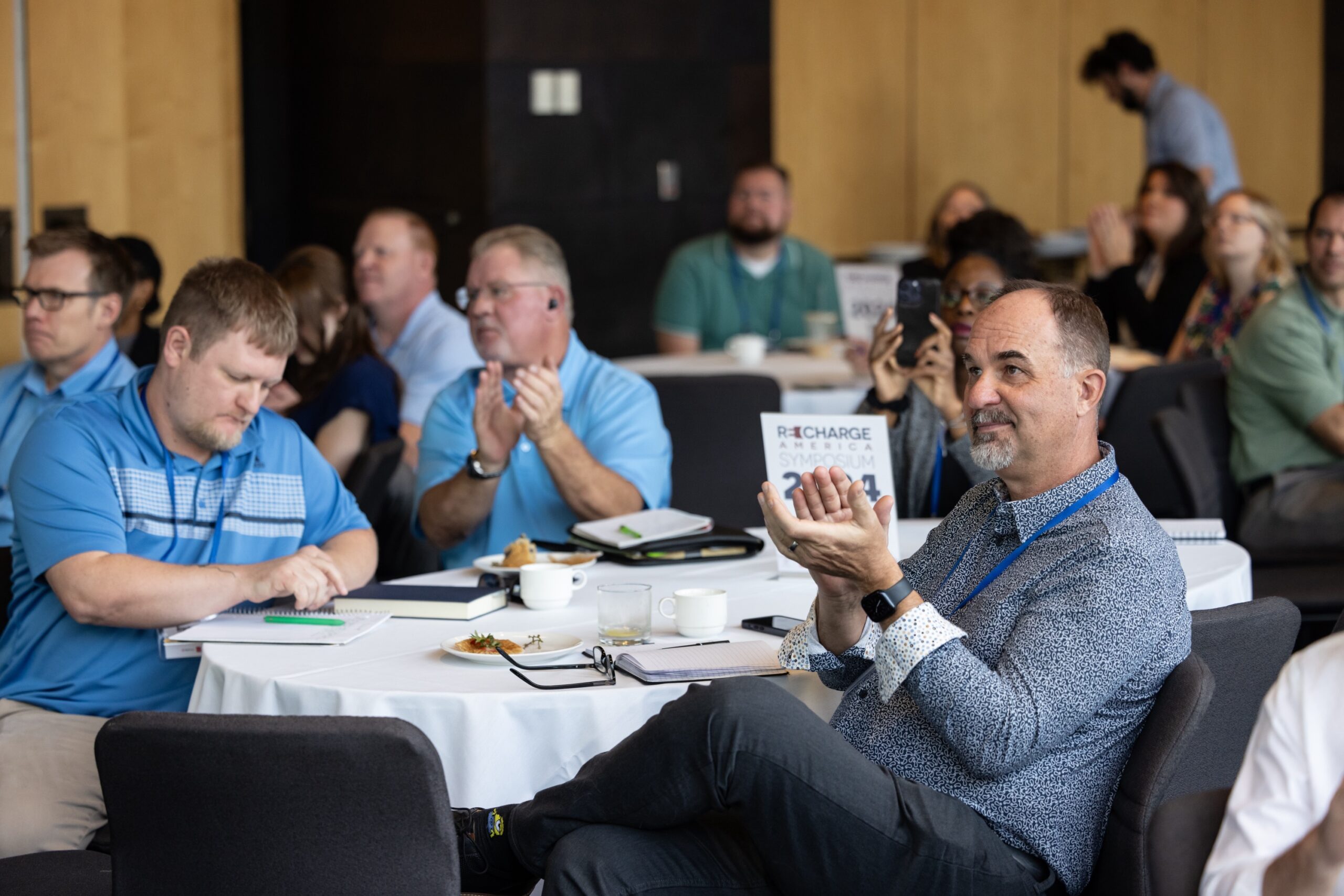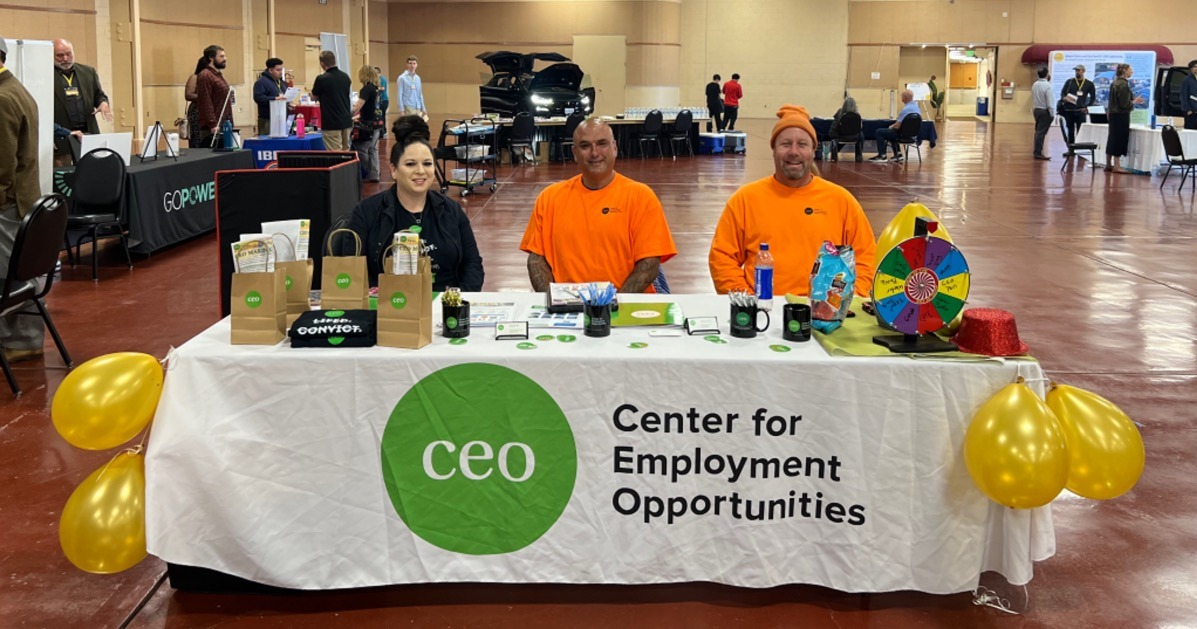Recently, a New Yorker article detailed the coming shortage of electricians across America: vocational programs at high schools have largely been shuttered, electricians currently in the field are aging, and the message to high school students for decades has emphasized college as the ultimate path to success. It’s not just electricians either; HVAC technicians, plumbers, carpenters, and other tradespeople face the same future.
Because of our deep work within the electrification space, we at REACH know all too well this unfortunate mismatch comes at a time when those trades are more vital than ever to our energy future. Our electrical grid requires major upgrades, new transmission strategies, and cleaner sources of generation in order to meet demand and remain resilient during natural disasters, all with the goal of shifting away from fossil fuel dependence and reducing pollution. But while we can imagine the grid of the future — with demand monitoring, microgrids that can detach and stay on when the larger system goes out, and even EVs that pump unused power back into the grid — building it is another matter. That’s where the need for tradespeople becomes acute.
Our partner, Recharge America, has taken this on as a challenge. One of the goals of the Recharge America program is working at the community level to connect workforce skills development programs to the employers who need those newly-trained workers. David Owen, the author of the New Yorker piece, goes into detail about Connecticut’s statewide initiative to address the shortage of tradespeople. In their model, high school students can choose a vocational track at one of 17 high schools, where they complete not only their high school diploma but also graduate with 720 classroom hours of theory and hundreds of hours of hands-on training.
This puts those graduates in the position of being ready to get licensed and into the field immediately, filling jobs that employers desperately need. At REACH and Recharge America, we see this kind of public-private partnership as a highly-effective win-win for the economy, the environment, communities and individual workers. Learn more at Recharge-America.org.






